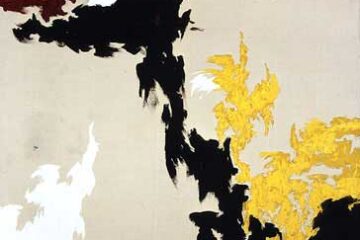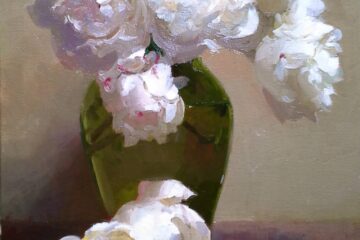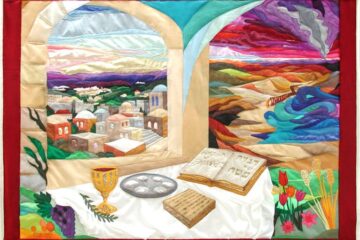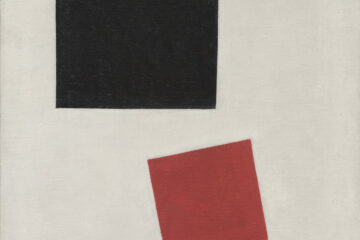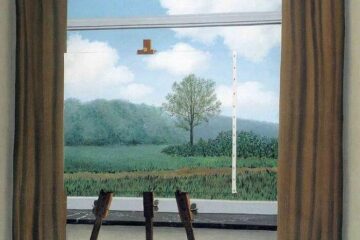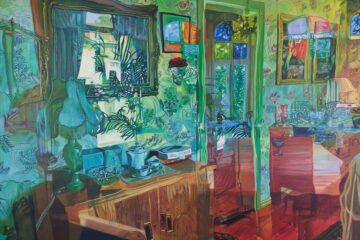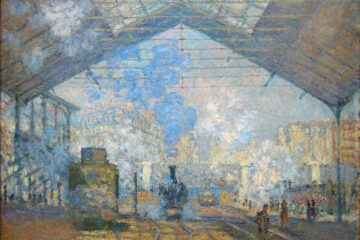To cross over from the stage of dependency to one of sovereignty requires transitioning from following a light to being the light. That is achieved by caring for the vulnerable and sharing what one has with others. View the study sheet here. Watch the recording here.
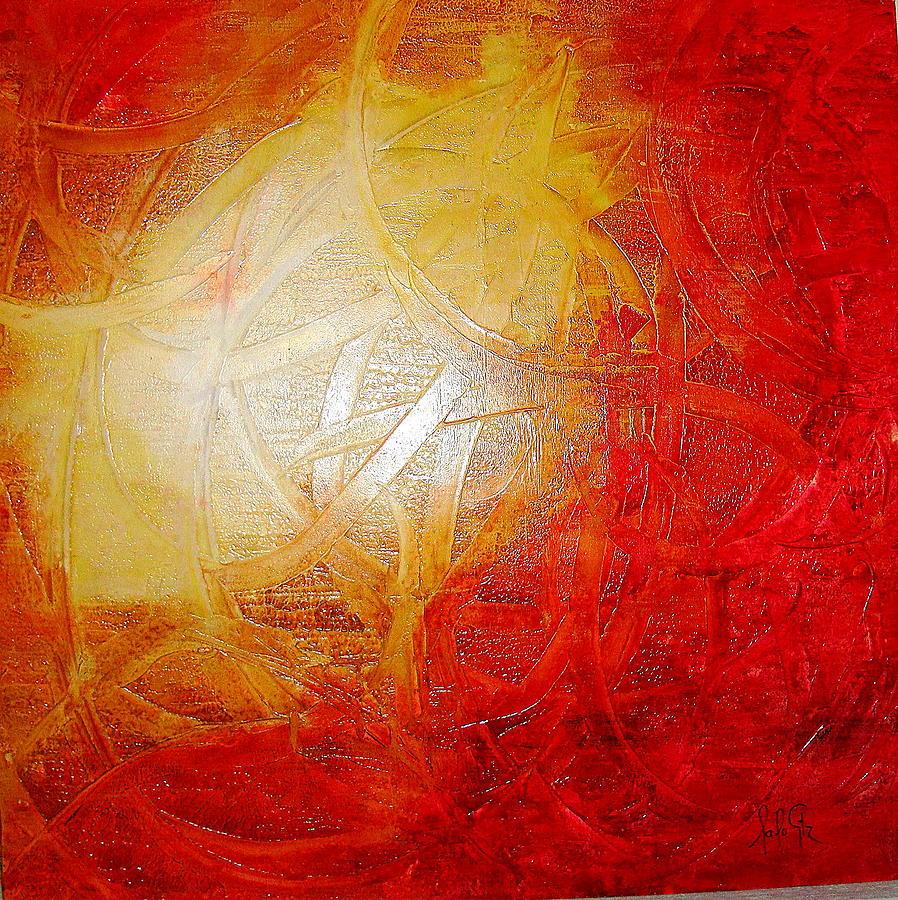
Borders are a part of life. And they come in all shapes, sizes and purposes. The skin on my body is a border. Violated, infection, or worse, can result. Incised by a skilled surgeon, my life can be saved. Nations have borders. Crossing them can constitute either invasion threatening a country’s security or infusion increasing its productivity and wealth. Properly managed and regulated, crossing a boundary can result in revival and new purpose.
In the book of Deuteronomy, the Israelites are massed at the eastern border of the land of Canaan, where lies the fruition of forty years of wandering. They are eager to cross over. Will their enterprise there replicate the greed and disregard for human life that doomed other civilizations? Or will they plant something new in human history?
The entire book is a set of final instructions from Moses about how to make their life in Canaan one of blessing and fulfillment. This week’s Torah portion, Re’eh, highlights two ethical-spiritual practices: avoidance of idolatry and dedication of a portion of wealth for a holy purpose.
From its opening verses to its very last, the entire Hebrew Bible speaks to us of the disasters that befall those who think that they can act without restraint: do whatever they want, live as long as they want, consume whatever they want.
Unleashed assertion of human domination lies at the very heart of idolatry. Idolaters worship that which they believe can be controlled. The 19th century Hasidic teacher Menachem Mendel of Kotzk remarked: “The great hazard is that one will be filled with himself or herself, with conceit, with self-satisfaction, feelings which are nothing less than idol worship.”
With the Israelites poised to leave behind the emptiness of the wilderness for the abundant richness of the promised land, Torah senses that they will too quickly abandon wilderness humility for fulfillment conceit:
“When you have eaten your fill and built fine houses to live in, and your herds and flocks have multiplied, and your silver and gold have increased and everything you own has prospered, beware lest your heart grow haughty…”
At this closing moment of Israelite wandering, Torah teaches them to do what has been contrary to human nature: to part with something precious without any intention of getting it back. Give a share of produce for the Levites, who have no land. Bring a share to Jerusalem, where study is the dominant form of sowing and reaping. Give a share to the poor. And every seven years, allow the land to rest. Release it. Let go.
Every year we too stand at the border between emptiness and renewal: Yom Kippur. We vacate space within ourselves, shed the burdens and the arrogance accumulated over a year’s journey. Echoing across that morning’s liturgy are the prophet Isaiah’s words:
“Share your bread with the hungry, bring home the moaning poor; when you see a naked one, clothe him; and do not hide from your flesh. Then shall your light burst through like the dawn, and your healing spring up quickly. Your righteousness will go before you.”
Lalo Gutierrez was born along the US-Mexico border, in the camp of the construction site for the Falcon Dam. Falcon Dam is located between Falcon Heights, Texas, United States and Nueva Ciudad Guerrero, Tamaulipas, Mexico. Opened in 1953, it created a lake that provides power, serves as a recreation site, controls flooding, and irrigates crops. The river it is on has two names. In the United States it is called the Rio Grande. In Mexico it is known as the Rio Bravo.
Gutierrez did not attend any art school. He has just been painting and drawing since he was five years old, beginning in that Falcon Dam construction camp. His art is abstract and expresses the spirituality and love that is his core.
Pictured here is his piece Now You Are the Light of the World and Salt of the Earth, which gives visual expression to his spiritual faith. The words are from the Gospel of Matthew. They speak of the power to radiate and to nurture. Pope Francis chose those words for his homily at World Youth Day in 2002: “Salt is not to be kept. It is to be used, to give flavor to the lives of others.” To live one’s faith is to be a radiance in a dark world.
On the cusp of having their own land and achieving success and wealth, the Israelites are reminded by Torah that to be sovereign is not to rule over others. It is to rule over oneself. To create boundaries that provide space and nourishment for others. To allow righteousness to lead the way. “Then shall your light burst through like the dawn, and your healing spring up quickly.” A light had till then led the way. Now they were to be the light.
Join us here at 7:00 p.m. (PT) Thursday August 10 as we explore you are the light.


